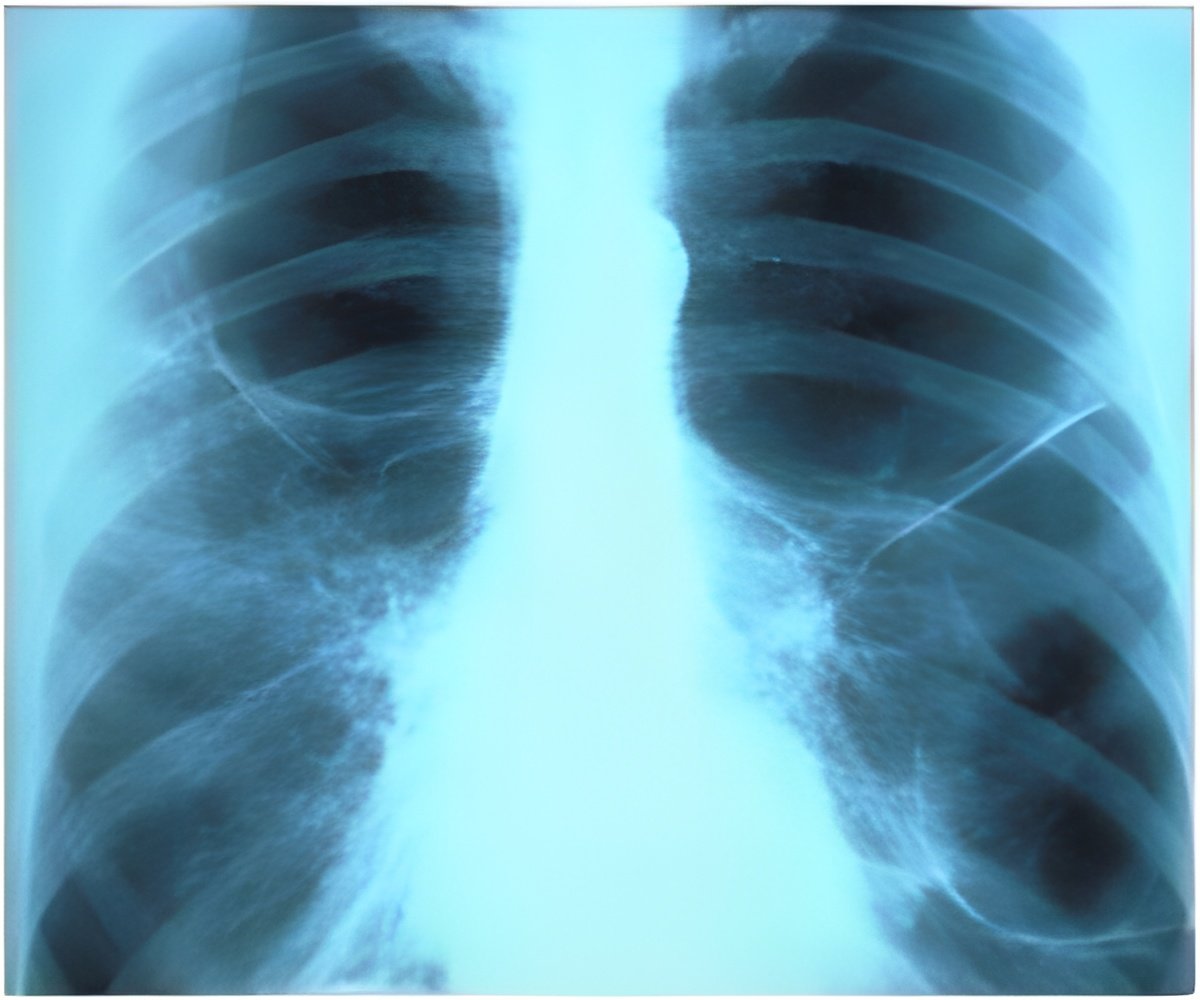Scientists have found that immune system cells uninfected with the bacterium that causes tuberculosis trigger immune system T cells to fight the disease

"Our study shows a whole new route, or bypass mechanism, for triggering the body's adaptive immune response to TB infection, a means by which infected dendritic cells cooperate with uninfected dendritic cells to activate T cells and respond to the infection," says infectious disease specialist and study senior investigator Joel Ernst, MD, a professor at NYU Langone Medical Center. "We have long known that TB infection reduces dendritic cells' ability to activate T cells. Our research shows how remarkably the immune system has evolved to combat this phenomenon."
Dr. Ernst says that if such an antigen transfer system works to boost the immune response in TB, then a similar bypass mechanism could also be at work in other infectious diseases in which the invading microorganism has developed means to evade the immune system. Examples, he says, include Chlamydia and Salmonella.
Moreover, says Dr. Ernst, acting director of infectious diseases at NYU Langone, such an immunity-boosting mechanism could potentially be harnessed to augment vaccines, especially the BCG vaccine for TB, that work on the same principle of promoting adaptive immunity by exposing people to bacterial antigens.
During the NYU team's three-year study, Dr. Ernst and lead study investigator Smita Srivastava, PhD, an associate research scientist at NYU Langone, performed a series of experiments designed to find out precisely how the anti-TB immune response, as measured by T cell production, operates in the immune-system-processing lymph node tissue. TB is known for trying to block activation of T cells by infected dendritic cells, two kinds of which are primarily involved in fighting infection: dendritic cells that migrate from the lungs to the lymph nodes, and those that already reside in the lymph nodes.
In the first set of experiments, researchers showed that T cell response was transferrable and strongest when TB-carrying dendritic cells that had migrated from the lungs to the lymph nodes were transplanted to mice with normal immune function. Mice whose immune system was changed so that their lymph node dendritic cells were unable to activate T cells showed a much weaker immune response to the migratory dendritic cell transfers. Researchers concluded from this that both types of dendritic cells, the ones that had migrated from the lungs to the lymph nodes and those that only resided in the lymph nodes, worked together to activate the immune response.
Advertisement
Another set of experiments traced the connection between dendritic cells and T cell stimulation. Researchers discovered all four main TB antigens used in vaccine production present and intact in the fluid of cultured dendritic cells infected with the bacterium.
Advertisement
Dr. Srivastava says the team plans to investigate precisely how antigens are transported outside the cell and taken up by non-infected cells. The immediate goal, she says, is not just to decipher the mechanics of immune system activation, but to stratify TB proteins based on the strength of the immune response each generates. Long term, she says, their information should help researchers develop more effective vaccines.
Funding support for the study was provided by the US National Institute of Allergy and Infectious Disease, part of the National Institutes of Health. Corresponding federal grant numbers are R01 AI01242 and R01 AI084041. Additional contributions were provided by Sofia Olmos, PhD, and Michael Gregory, also at NYU Langone.
Source-Newswise









